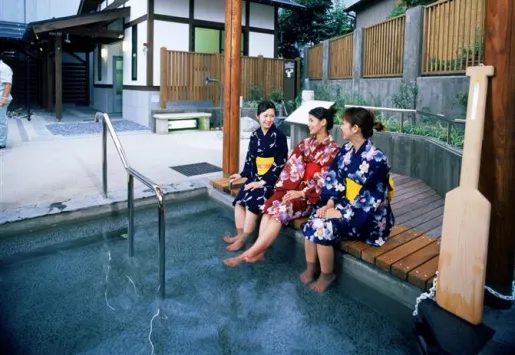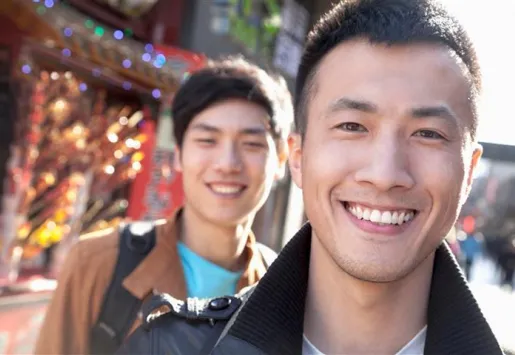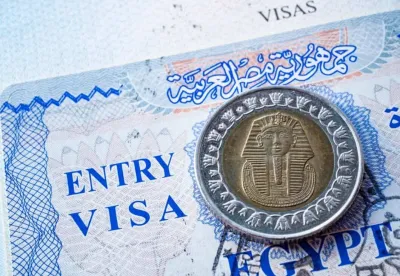
The United States is debating the feasibility of not accepting Muslim travelers and immigrants. On the other hand, Japan has quietly been welcoming them as they present an opportunity for the country to boost its economy. This approach directly contradicts the rumors spread by US conservatives over the Internet that Muslims are not allowed to enter Japan.
Prime Minister Shinzo Abe’s “Abenomics” policies have not yielded great success except in the tourism sector. When the Liberal Democratic Party leader assumed power in December 2012, the exchange rate of Yen against the dollar was 85. His drive for monetary easing resulted in a sharp devaluation of the Yen. Currently, the exchange rate of Yen to dollar is 120. As a result of this foreign tourists are able to afford a visit to Japan.
The government’s initial target was 20 million tourists a year by 2020. However, the number of visitors has exceeded all expectations. The target of 20 million may be achieved this year itself, much ahead of schedule. This has encouraged the government revise its target to 30 million visitors by 2020.
Malaysians and Indonesians have a major role to play in the increase of the amount of Muslim travelers. According to Japan National Tourism Organization, there has been an 18.2 percent increase in the number of Malaysian tourists visiting the country until the end of October 2015. On other hand, the number of visitors from Indonesia jumped by as much as 30.8 percent. In total, 270,000 Malaysians and nearly 200,000 Indonesians have visited Japan up to October this year. Of course, a smaller number of Muslims from other countries have also visited Japan.
Meanwhile, both businesses and local governments have been showing a positive response to this development. Prefecture published a Muslim Hospitality Handbook to teach the local people as to how they should deal with Muslim customers.
Some travel agencies have started offering special programs for Muslim travelers. A start-up company named Travelience has started offering one-day Tokyo Tour to Muslim tourists. The company used to offer only standard lunch tours. To cater to the Muslim travelers, the guides learned about halal food and the company designed a special package for Muslims.
Japan is in the process of improving and enhancing Muslim tourism. However, talks with ordinary Muslims who visit popular sites like Tokyo Asakusa reveal that there is room for further progress. A young Malaysian, Hafiz Rivky who was travelling with two of his friends, said that they were finding it difficult to communicate with the Japanese, obtain halal food and find places for prayers. He added that they mostly ate onigiri with seaweed which they bought from convenience stores.
However, some of the Muslim travelers who spent some time researching on the Internet prior to their visit to Japan did not experience much difficulty in finding halal food. They said that other facilities necessary for Muslims are also available in Tokyo.













